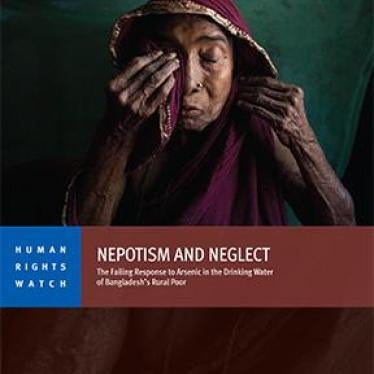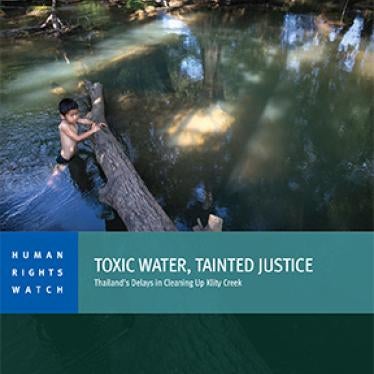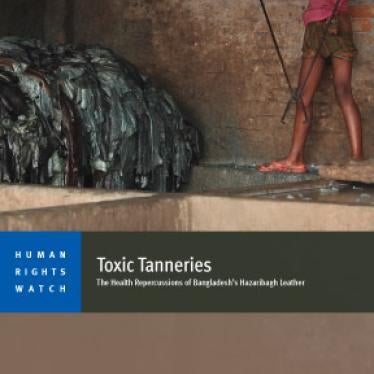
Richard Pearshouse
Richard Pearshouse is the director of Environment and Human Rights Division at Human Rights Watch. From 2018 to 2022, he was Head of Crisis and the Environment at Amnesty International, where he oversaw a diverse and multi-disciplinary team implementing demanding environmental research, advocacy, and campaigns in crisis- and conflict-affected countries. In locations including Brazil, Iraq, Mozambique, Cambodia, and West Papua, he led innovative and impactful work protecting communities at risk in resource-driven conflicts and strengthening legal protections for the environment during armed conflicts.
Richard previously worked at Human Rights Watch from 2008 to 2018, where he helped found HRW’s environment program and develop its main pillars of work as its associate director. His research and advocacy focused on threats against environmental defenders and their communities, and environmental health issues caused by exposure to toxic substances, including highly hazardous pesticides, arsenic, lead, mercury, and industrial chemicals. He has undertaken high-level advocacy on environmental issues with national governments, the UN, and multilateral and bilateral aid donors. He has also worked for non-governmental organisations in Canada, East Timor, and Guatemala. He is a lawyer of the Supreme Court of New South Wales, Australia.


